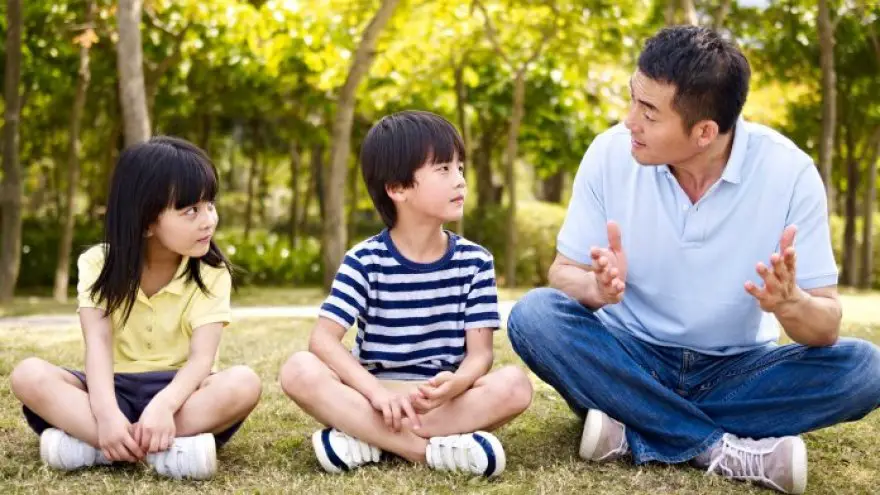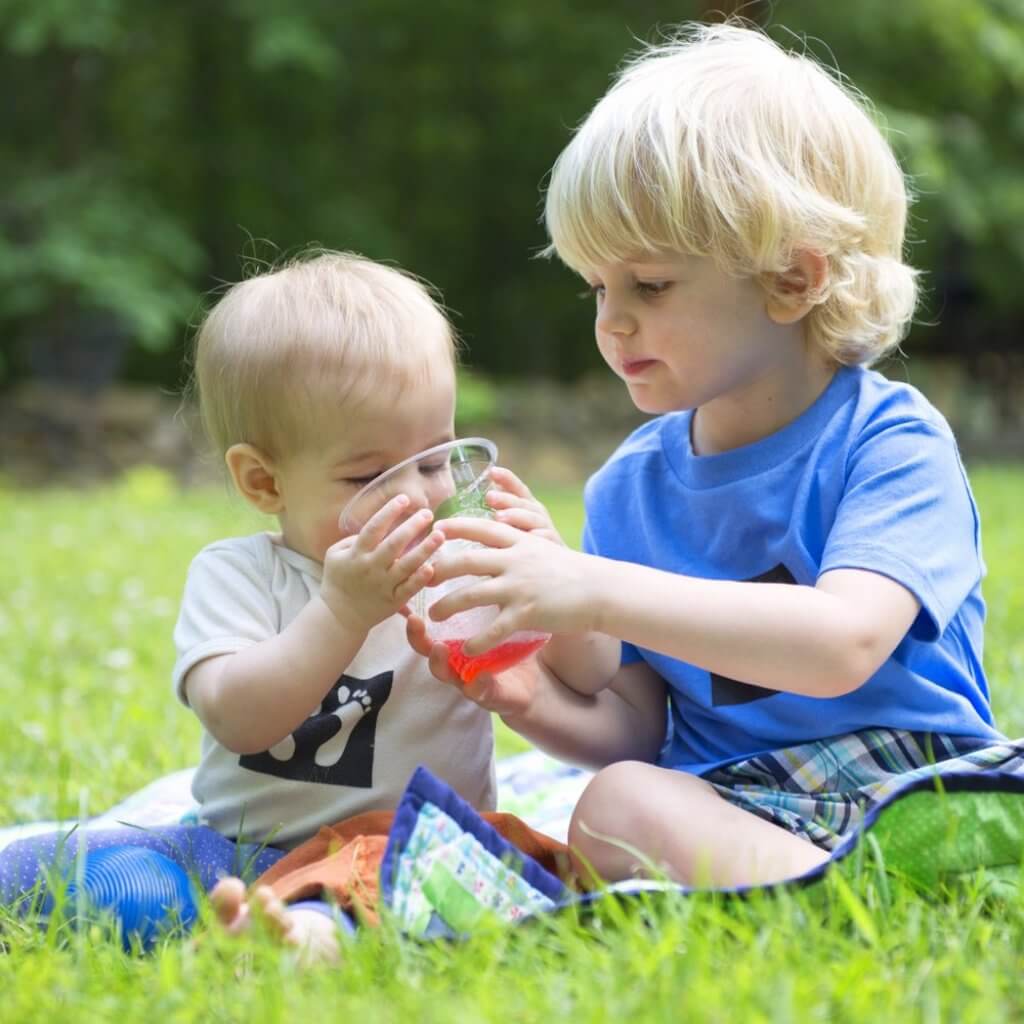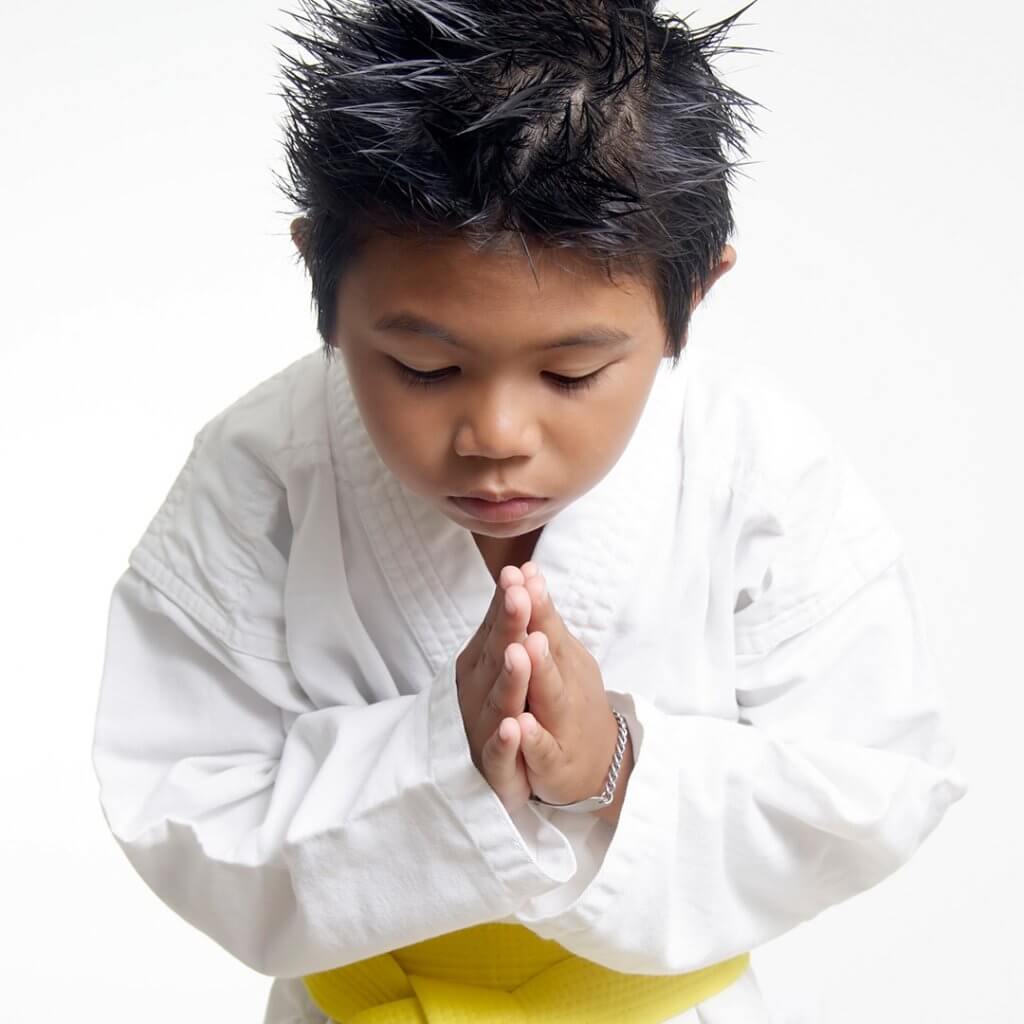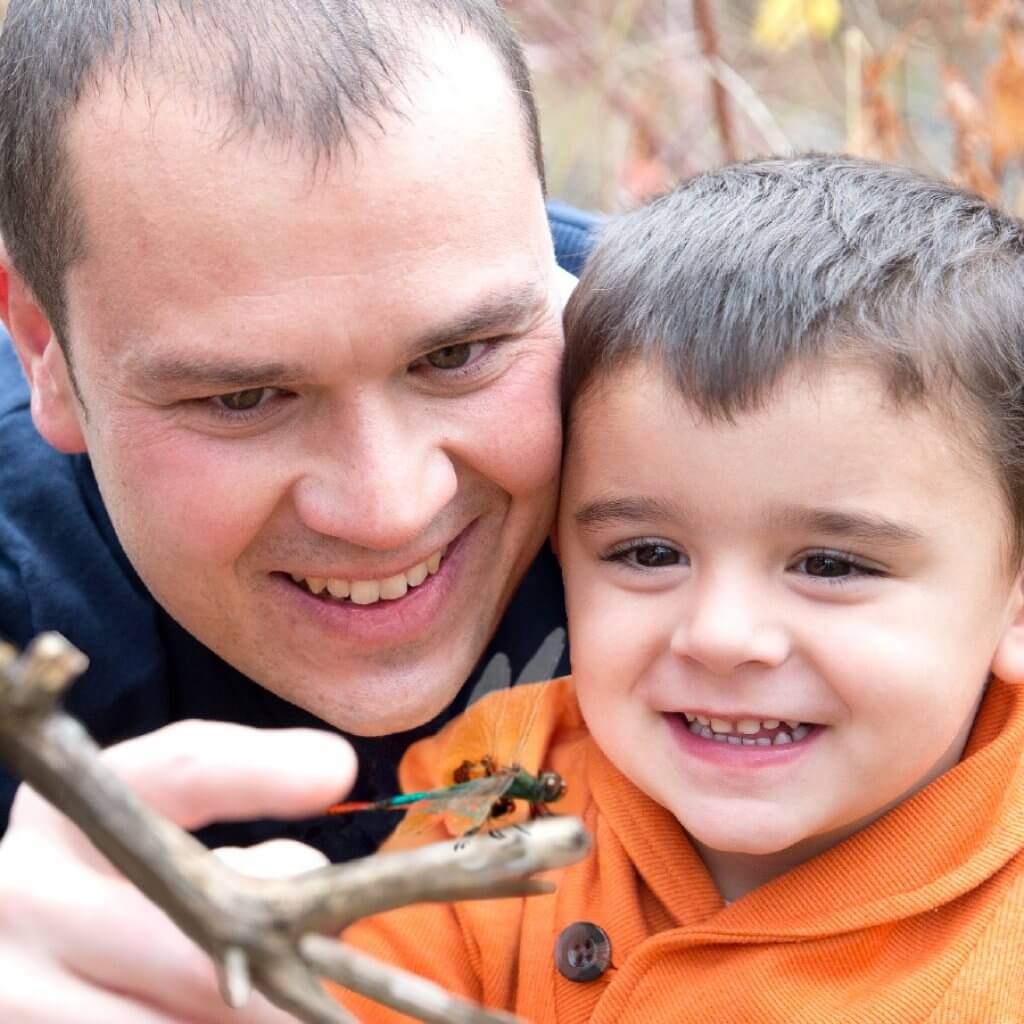Values to Instill in Kids to Help Them Later in Life

If you want to help reinforce the valuable skills lessons your children’s teachers are instilling, you’ll need to look further than their textbooks.
Schools across the country (particularly those dealing with early childhood development) are making time amidst the math, science, and language courses to work with their students on social behaviors and expectations.
Of course, teachers only get a limited amount of time with your kids each week, and part of acquiring any skill is reinforcement and consistency in its practice. All of this to say: it’s important to discuss and practice certain morals and behavior at home with the family as well as in the classroom.
Compassion for Others

Empathy towards those around us is one of the first social skills practiced and discussed in many early childhood classrooms. The act of compassion, defined by us adults, is something like the acknowledgment that everyone has feelings like we do, and those feelings should be considered.
It is an umbrella that also encompasses the realization and constant self-reminding that other people may emote and think differently than we do, and we are not always right; in fact, ‘right’ doesn’t even exist in every scenario.
This may be a difficult concept to explain to young children, so teachers often boil it down to its basics, and relate it back to a child’s own feelings, since they are deeply involved in discovering and pleasing the self at early ages.
Try phrases at home like:
- “How do you feel when that happens to you?”
- “Wouldn’t you want someone to share with/help/do that for you?”
Compassion for Ourselves
Perhaps even more difficult for many of us is the prospect of practicing self-kindness. The generosity and understanding we extend towards others is often the hardest gift to give ourselves, and yet it is equally important. Being forgiving of ourselves allows us to admit when we make mistakes without feeling defensive or like we need to ignore our faults in order to hold onto our pride.
When our security and sense of self revolve around perfectionism or some impossible ideal, we feel threatened by our own faults and shy away from them instead of accepting them, facing them, and trying to cope with or correct them. Try practicing these sorts of discussions with your kids:
“It’s okay to mess up. Nobody is perfect. We just have try to do better next time.”
“Everyone makes mistakes, even mommy/daddy. It’s important that we learn from them. So what did we learn?”
Sharing

Etiquette revolving around sharing is popular in most classrooms. According to psychologist Jean Piaget, children move through four different stages of development in their childhood. The Concrete Operational stage, between ages 7-12, begin to absorb and utilize logic more readily, but setting concrete rules concerning behavioral practices early on and then sticking to it can prove handy.
Consistency helps all creatures learn and create healthy practices, so repeating mantras about sharing when children are still very young can help drive home the importance of generosity. As children begin to grasp and practice this value, it shows us that they are beginning to understand the importance and merits of other people’s feelings. Charity, after all, is simply a way of putting empathy into action.
Sharing when it’s tough can also be a valuable lesson for our children in that we don’t always get what we want.
Useful language to practice around this topic:
- “We can take turns and have fun playing together.”
- “We are very lucky to have what we do. It’s a nice thing to do, sharing that with other people.”
- “Sharing is caring; it can be fun.” (Just kidding, don’t sing the Juicy Fruit jingle at your children, please.)
Communication
How many times have we heard that the root cause of the problem in any relationship is communication? Set your children up for success early by practicing an openness and honesty in regards to your own feelings, as well as theirs.
Often we assume that we understand the motive and intentions of those around us, when truly all of our life paths are varied enough that we might be saying the same words but speaking different languages and meaning different things.
Ask your children questions about their emotions and don’t be afraid to share your own with them, so that they regard an open line of communication as natural and essential, rather than imposing, difficult, or weak.
Though the phrase “use your words” is probably intended for toddlers, it could be argued that even adults need that very simple, straightforward reminder sometimes.
Responsibility
Taking ownership for our victories as well as our shortcomings doesn’t always come as naturally as we might initially believe. In theory, we would want to be recognized when we achieve something commendable, but plenty of people also fear that to accept responsibility for their successes would be to appear braggy or over-confident.
When your child works hard at something and reaps the rewards of that, encourage them to look back at the time and energy they put into their success. Likewise, when they struggle or make mistakes, remind them that the only way to benefit from our failings is to recognize, accept, and learn from them. Like with most values, one of the best ways to lead is by example.
If your child compliments something you do well, try thanking them, and explaining to them that you are good at what you do because you’ve worked hard at it. And when you make visible mistakes in front of them, don’t panic; use it as an opportunity to show them that you, just like them, sometimes mess up and are capable of seeing and rectifying that.
Respect

We hear sometimes that respect is earned rather than freely bestowed. But plenty of classrooms (and other worldly situations) operate on the premise that everyone who walks in the door is naturally deserving of respect, until they prove otherwise.
Respect for authority is practiced in the basic teacher-student or parent-child dynamic. Respect for our peers accompanies other teachings such as sharing and communication. Respect for ourselves goes along with personal ownership and autonomy.
Take time to remind your children that even people we disagree with deserve our respect. It is possible to not get along with our peers and co-workers, or even other family members, and yet still to acknowledge that they have feelings and needs similar to our own, and that in the end, most people are simply trying to do what they think will make them happy.
Status is not what dictates whether we should treat another human as deserving of dignity. The fact that we share a place with them in this world means that we owe them a chance at kindness and compassion.
Self-Control
Look, it’s okay; we’ve all had one more cookie than we said we would, or put that chore off a little longer than intended, or spent too much time bingeing the new Netflix release. Self-control is not a skill that we learn and then apply without exception. If we always held ourselves to the standard of perfection, we’d drive ourselves insane.
But children, especially in their formative years, are often driven by the way their actions make them feel, as they don’t have a nuanced enough worldview to consider other factors yet. Perhaps the best way to impart the importance of self-control upon them is to be clear about the consequences of our actions, both good and bad. Help them to connect the benefits of good behavior, or doing the things that we find difficult, so that they might start to see how their actions can affect them outside the immediate future.
Some phrases that might be helpful:
- “Ask yourself: if I do this now, how will I feel about it tomorrow? What about the day after? What about after that?”
- “What will happen if I do (a)? What would happen if I did (b) instead?”
Boundaries
Most children are taught very quickly in the classroom about physical boundaries. If another child does not wish to be touched, teachers are quick to instill the importance of voicing that, and of respecting when we hear it from our peers. Emotional boundaries are a trickier course to navigate, but it can be done with grace.
Start with the very root of it: does it seem like my friends (or whomever might be on the receiving end of their behavior) are comfortable? (For smaller children, you may need to swap out “happiness” for comfort, until they have a better hold on what both mean and the differences between them.) If they seem uncomfortable, is it something I am doing?
And always remind them that the best way to know is to ask. If someone looks like they are uncomfortable in any way, you can always start with, “Hey, are you alright? Is there something I can do to help/make you feel better?” Sometimes the answer is no–and that’s a boundary to be respected just like any other.
Self-Reflection
Finally, perhaps the skill we all enjoy the least: reflecting on ourselves. Sometimes, this practice is incredibly rewarding. It can feel like a huge accomplishment to look back at our choices and life over the past few hours, days, or years, and see the changes we have made and all of the ways in which we have grown.
It can also feel overwhelming and impossible to be faced with all of the things that we have wanted to do and haven’t, or all of the things that we regret doing when we see them in retrospect. But the only way to continually evolve as a person is with a healthy amount of self-check and introspection. If your children keep goals lists, revisit them together.
Doing Our Part

You may hear friends, co-workers, relatives—even some media outlets, all trumpeting about the moral depravity of our world today. Inciting keywords like “declining ethics” and “the destruction of family values” crop up in conversations about the direction in which our culture is heading.
But studies actually suggest that crime rates are down, and if recent national trends are anything to judge by, a sense of social responsibility amongst the youth is on the rise. Let’s do our part to make certain that continues.






